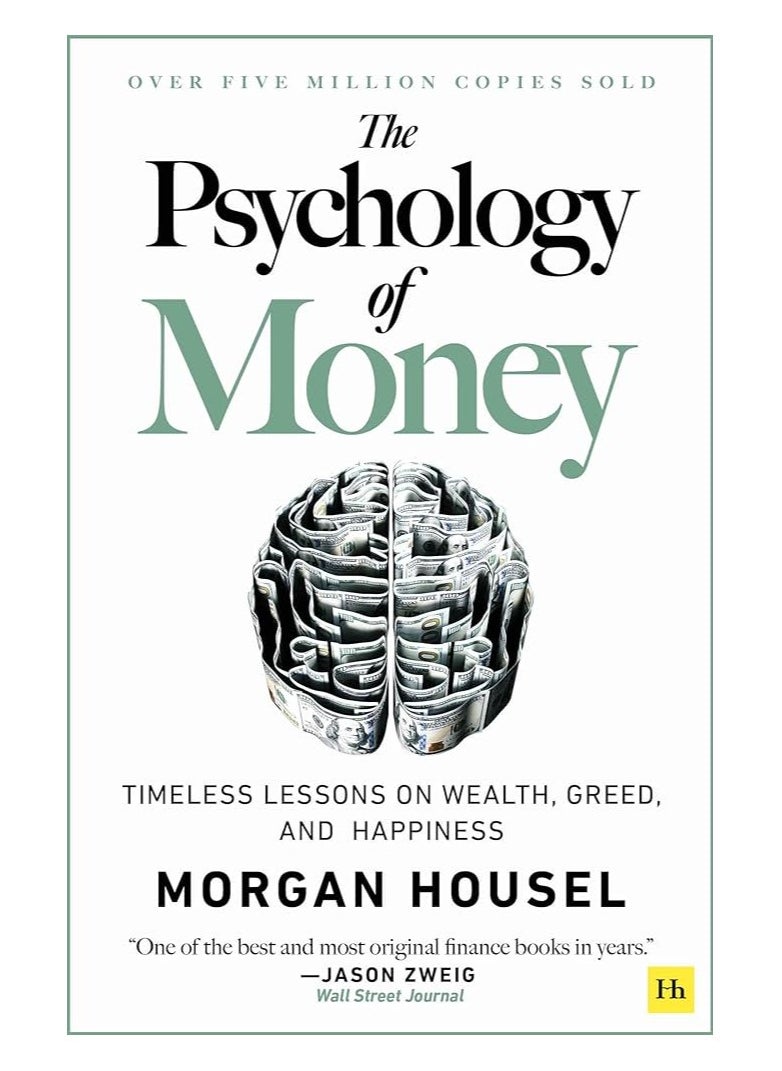English
- استرجاع مجاني وسهل
- أفضل العروض
The Box: How The Shipping Container Made The World Smaller And The World Economy Bigger Paperback English by Marc Levinson - 06-May-16
الآن:
96.55 د.إ.شامل ضريبة القيمة المضافة

احصل عليه خلال 28 يناير




1
توصيل مجاني لنقطة نون ومراكز الاستلام
معرفة المزيد
إرجاع سهل لكل المنتجات في هذا العرض.

المنتج كما في الوصف
70%
شريك لنون منذ
4+ سنين
أحدث التقييمات الإيجابية
المواصفات
| الناشر | Princeton University Press |
| رقم الكتاب المعياري الدولي 13 | 9780691170817 |
| اللغة | الإنجليزية |
| العنوان الفرعي للكتاب | How The Shipping Container Made The World Smaller And The World Economy Bigger |
| وصف الكتاب | In April 1956, a refitted oil tanker carried fifty-eight shipping containers from Newark to Houston. From that modest beginning, container shipping developed into a huge industry that made the boom in global trade possible. The Box tells the dramatic story of the container's creation, the decade of struggle before it was widely adopted, and the sweeping economic consequences of the sharp fall in transportation costs that containerization brought about. But the container didn't just happen. Its adoption required huge sums of money, both from private investors and from ports that aspired to be on the leading edge of a new technology. It required years of high-stakes bargaining with two of the titans of organized labor, Harry Bridges and Teddy Gleason, as well as delicate negotiations on standards that made it possible for almost any container to travel on any truck or train or ship. Ultimately, it took McLean's success in supplying U.S. forces in Vietnam to persuade the world of the container's potential. Drawing on previously neglected sources, economist Marc Levinson shows how the container transformed economic geography, devastating traditional ports such as New York and London and fueling the growth of previously obscure ones, such as Oakland. By making shipping so cheap that industry could locate factories far from its customers, the container paved the way for Asia to become the world's workshop and brought consumers a previously unimaginable variety of low-cost products from around the globe. Published in hardcover on the fiftieth anniversary of the first container voyage, this is the first comprehensive history of the shipping container. Now with a new chapter, The Box tells the dramatic story of how the drive and imagination of an iconoclastic entrepreneur turned containerization from an impractical idea into a phenomenon that transformed economic geography, slashed transportation costs, and made the boom in global trade possible. |
| المراجعة التحريرية | Winner of the 2007 Anderson Medal, Society for Nautical Research Winner of the 2007 Bronze Medal in Finance/Investment/Economics, Independent Publisher Book Awards Shortlisted for the 2006 Financial Times/Goldman Sachs Business Book of the Year Honorable Mention for the 2006 John Lyman Book Award, Science and Technology category, North American Society for Ocean History One of Financial Times Best Business Books of 2013 (chosen by guest critic Bill Gates, Chairman of Microsoft) "One of the most significant, yet least noticed, economic developments of the last few decades [was] the transformation of international shipping... The idea of containerization was simple: to move trailer-size loads of goods seamlessly among trucks, trains and ships, without breaking bulk... Along the way, even the most foresighted people made mistakes and lost millions... [A] classic tale of trial and error, and of creative destruction."--Virginia Postrel, The New York Times"Marc Levinson's concern is business history on a grand scale. He tells a moral tale. There are villains ... and there is one larger than life hero: Malcom McLean... Levinson has produced a fascinating exposition of the romance of the steel container. I'll never look at a truck in the same way again."--Howard Davies, The Times (UK) "Like much of today's international cargo, Marc Levinson's The Box arrives 'just in time. |
| عن المؤلف | Marc Levinson is an economist in Washington, DC. He was formerly a senior fellow at the Council on Foreign Relations, an economist at a leading investment bank, and finance and economics editor at The Economist. |
| تاريخ النشر | 06-May-16 |
| عدد الصفحات | 544 |
The Box: How The Shipping Container Made The World Smaller And The World Economy Bigger Paperback English by Marc Levinson - 06-May-16
تمت الإضافة لعربة التسوق
مجموع السلة 96.55 د.إ.


























































































































